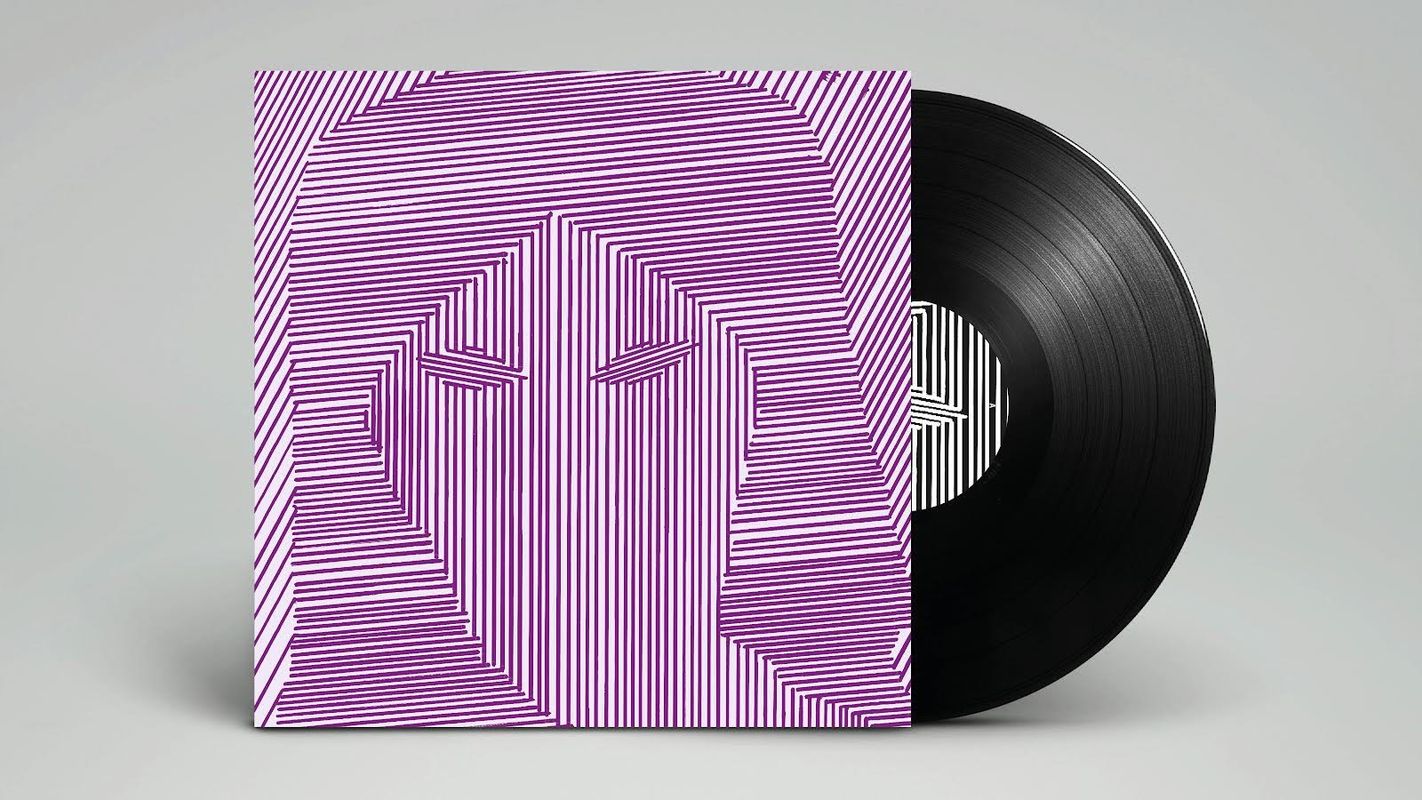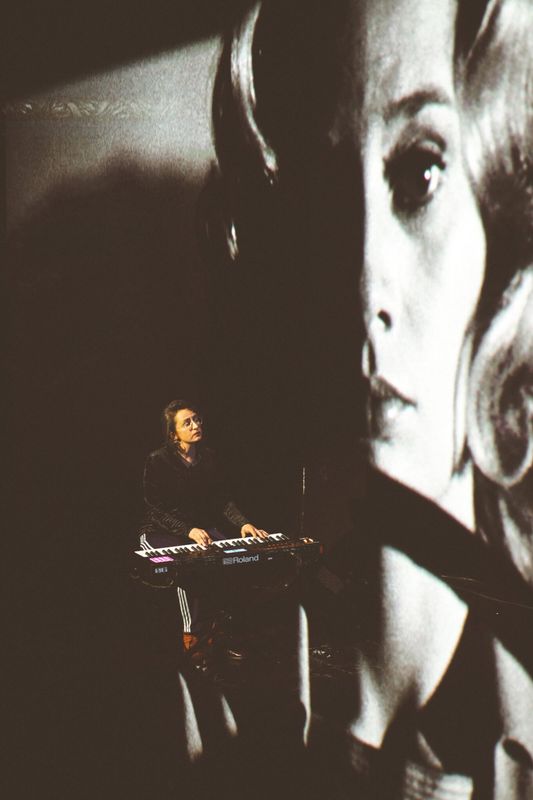Miaux 'NEVER COMING BACK'
MIAUX PRESENTS NEW LP ‘NEVER COMING BACK’ ON VIERNULVIER RECORDS
Antwerp-based composer and synth virtuoso Miaux presents her new album, 'Never Coming Back’ on VIERNULVIER Records. The record is rooted in the recent film score she composed for the surreal and haunted cult movie 'Carnival of Souls' (1962).
Directed by American filmmaker Herk Harvey, this enigmatic ghost film influenced contemporary directors like David Lynch, George A. Romero, and Lucrecia Martel.
Miaux meticulously crafted the score in her home studio, relying solely on her two hands and a single synthesizer during the spring and summer of 2022. The inaugural performance of this renewed score with film, unfolded at Videodroom / Film Fest Gent 2022 in Ghent, Belgium. The compositions were subsequently unraveled, rewritten into full-fledged songs, and assembled into a new record entitled 'Never Combing Back’, bearing Miaux’s unmistakable signature.
When writing a new score for an existing film, a composer has the privilege of providing a fresh interpretation to the visuals. As did Miaux in 2022 with the cult classic 'Carnival of Souls.' This enigmatic ghost film follows the tale of Mary Henry, who, after a car accident, relocates to a new town, where she feels alienated and is haunted by peculiar apparitions.
In Miaux's rendition, ethereal synthesizers replace the haunting sounds of church organs of the original soundtrack. The desolate and surreal nature of the film served as inspiration, leading her to craft a captivating score that not only complements the visuals, but also stands out on its own. The interplay between synthesizers in her compositions, both dreamy and menacing, follows seemingly simple yet circular patterns, guiding the listener into an alternate world. This realm is immersed in melancholy, yet ultimately holds promises of hope and redemption.
When Miaux first watched the film, she was struck by its claustrophobic nature. 'I felt uneasy witnessing how an independent woman striving to make her own choices was consistently dictated by men. This sense of not being heard or seen is not only relatable to women but feels oppressive to anyone.' Director Harvey himself later acknowledged in interviews that such an analysis is far from incorrect. While American composer Gene Moore's original haunting organ score accentuates the frightening character in a rather docile and dissonant manner, Miaux liberates the main character by allowing her more space and finds beauty in the melancholy. She forms an alliance with Mary, who eventually makes the radical decision to leave this sorrowful world behind and never return to it.
The track titles draw inspiration from moments in the film. The opening track, 'Too much current, too much sand,' establishes the album's tone, unfolding as a menacing vortex of synths that gradually swells and dissolves. Followed by 'Put your soul into it a little, ok?' where lo-fi fragility transforms into Vangelis-like alternating frequencies. In a nod to the original organ score, trippy organ sounds in 'Thank you, but I'm never coming back' accompany the departure from the church. Isolation and mystery permeate 'What's the matter with everyone, why don't they answer me?' a track that could seamlessly fit into an eerie dream conjured by David Lynch.






